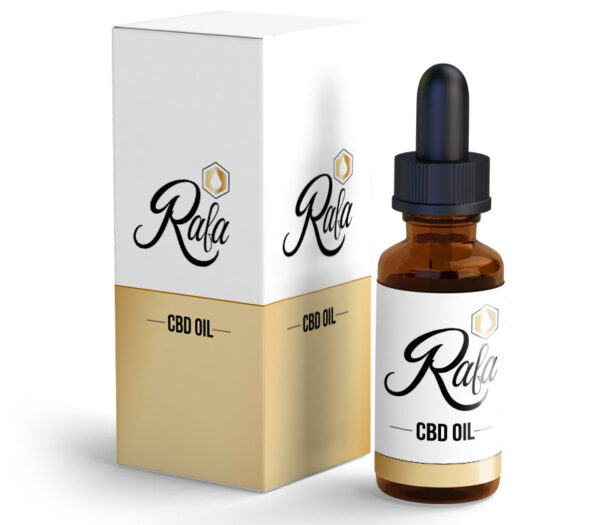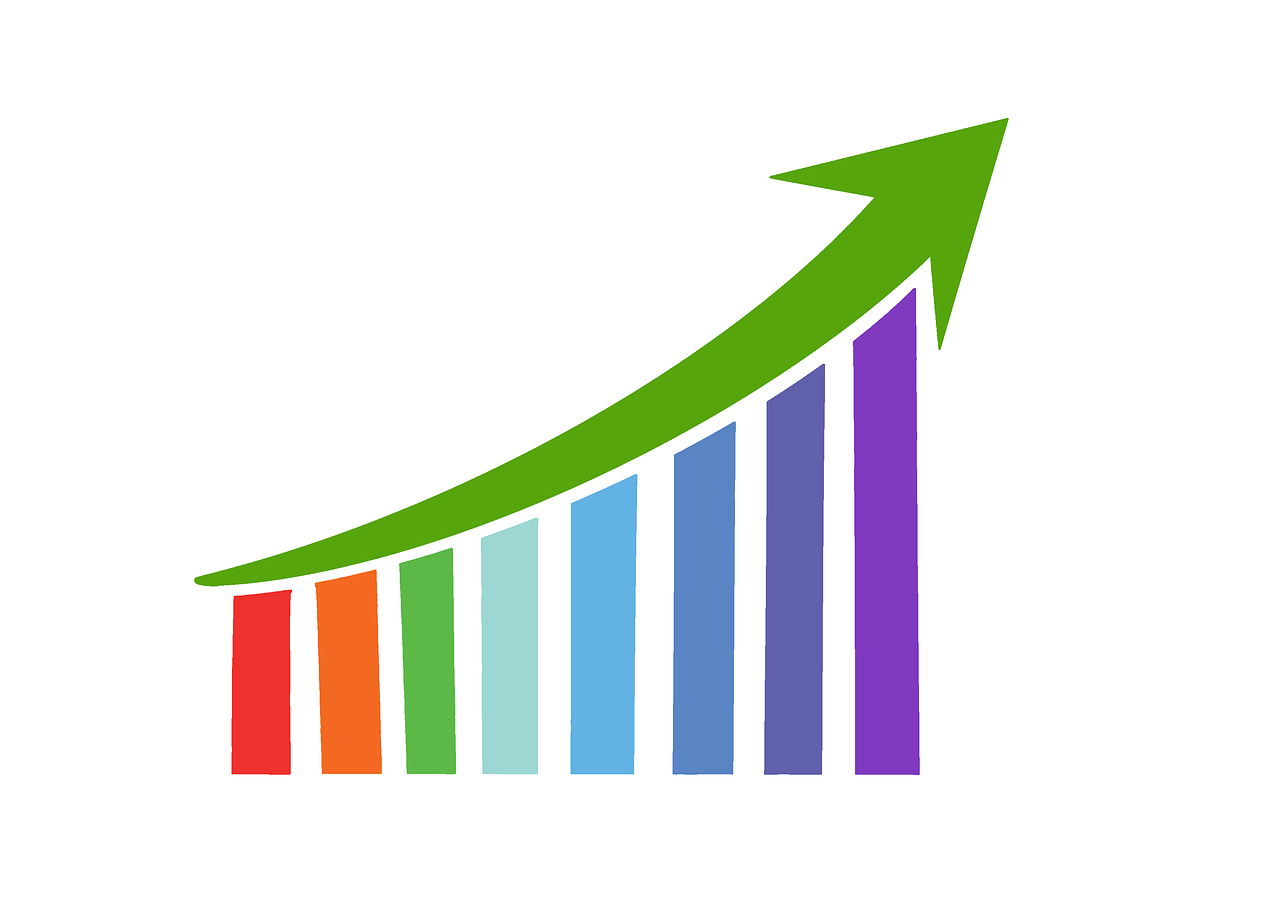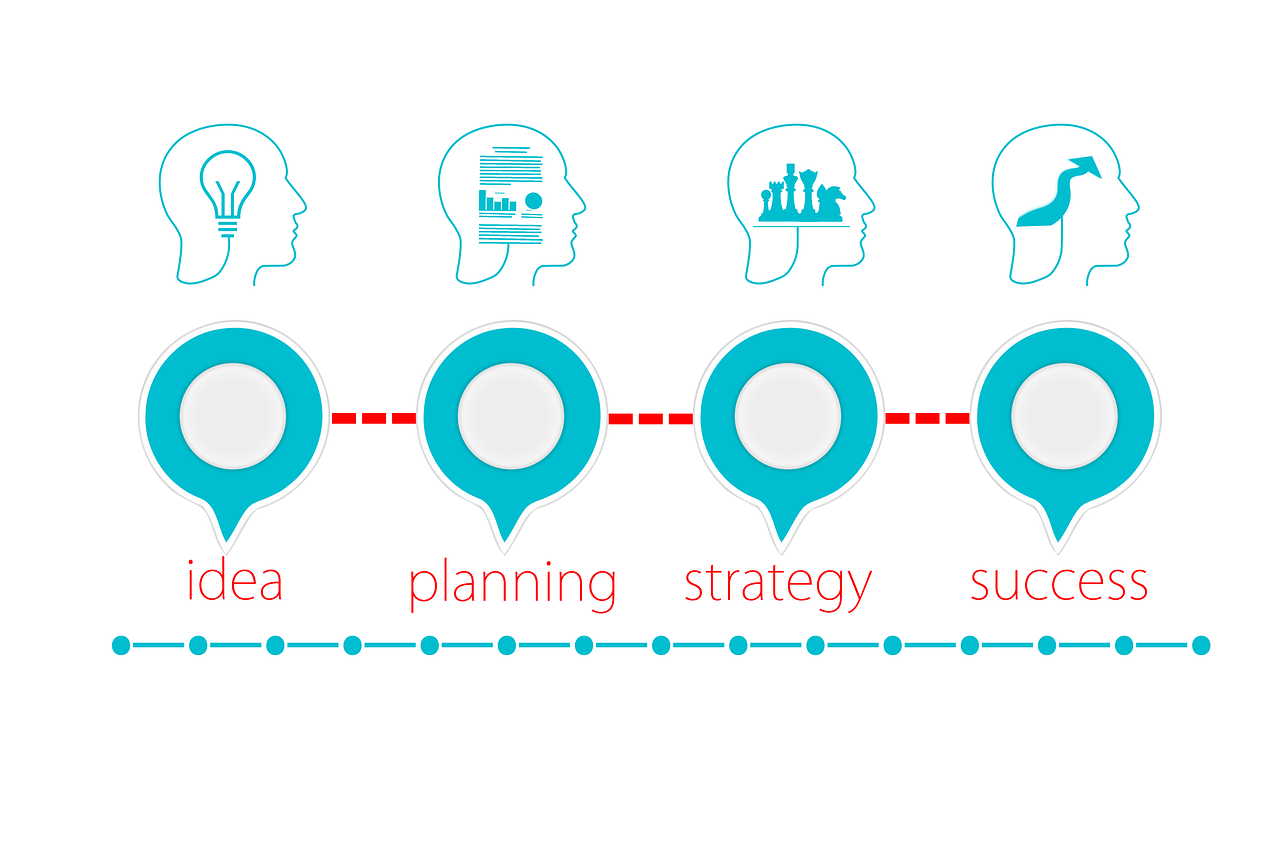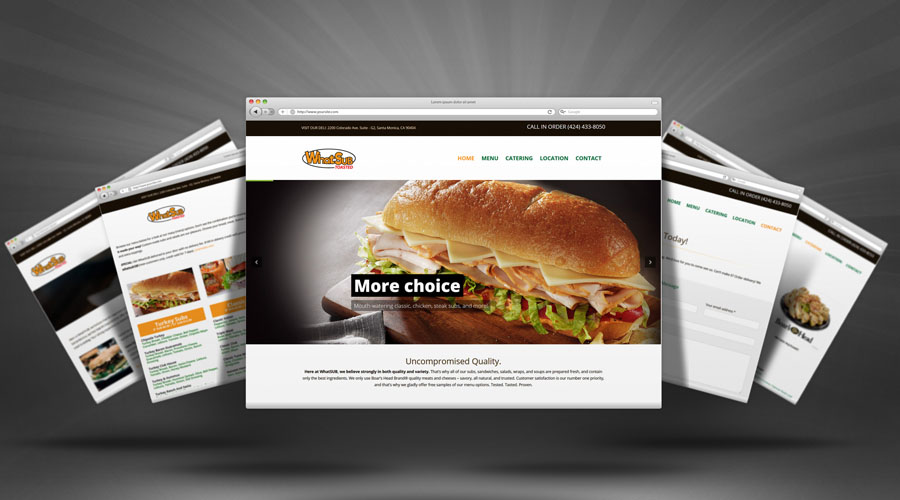
In the ever-expanding realm of digital communication, the terms “hashtags” and “keywords” have become integral tools for enhancing online visibility and reaching target audiences. While both serve the purpose of improving searchability, they operate in distinct ways and are associated with different platforms. Let’s unravel the differences between hashtags and keywords to understand their unique roles in the digital landscape.
Keywords: Unlocking Search Engine Secrets
Keywords are the building blocks of online search. When users enter queries into search engines like Google, these queries consist of keywords – specific words or phrases that capture the essence of what the user is looking for. Businesses and content creators strategically incorporate relevant keywords into their online content to optimize it for search engines.
- Functionality:
- Keywords are primarily employed for search engine optimization (SEO).
- They help search engines understand the content and context of a webpage.
- Effective use of keywords enhances a website’s ranking in search engine results.
- Placement:
- Keywords are seamlessly woven into website content, meta descriptions, titles, and headers.
- They must be relevant to the content, ensuring a natural and coherent flow.
- Examples:
- For a bakery website: “artisan bread,” “custom cakes,” or “gluten-free pastries.”
Hashtags: Navigating the Social Seas
Hashtags, on the other hand, are prominently associated with social media platforms. Initially popularized by Twitter, hashtags have now permeated across various social networks, including Instagram, Facebook, and LinkedIn. Hashtags serve as navigational tools, allowing users to discover and engage with content related to specific topics or trends.
- Functionality:
- Hashtags are used to categorize content and make it discoverable within a specific theme or conversation.
- They facilitate social media users in finding and joining discussions on shared interests.
- Placement:
- Hashtags are added directly to social media posts, comments, or captions.
- They are clickable and lead users to a feed of other posts using the same hashtag.
- Examples:
- For a travel post on Instagram: #Wanderlust, #TravelGoals, or #AdventureTime.
Key Distinctions:
- Platform Usage:
- Keywords are predominantly associated with search engines and website optimization.
- Hashtags are specific to social media platforms and enhance content discoverability within those platforms.
- Search vs. Discovery:
- Keywords are employed for users actively searching for specific information.
- Hashtags are used for content discovery, allowing users to explore and engage with a broader array of topics.
- Structure:
- Keywords are often single words or short phrases.
- Hashtags can be more creative and encompass a combination of words or phrases.
In the dynamic digital landscape, mastering the distinctions between hashtags and keywords is crucial for effective online presence. While keywords optimize content for search engines, hashtags foster engagement and content discovery on social media. Both play vital roles in enhancing visibility and connecting with the right audience in their respective domains. Whether navigating search engine algorithms or riding the waves of social media trends, understanding how to leverage keywords and hashtags is key to success in the digital realm.
Our Services

































